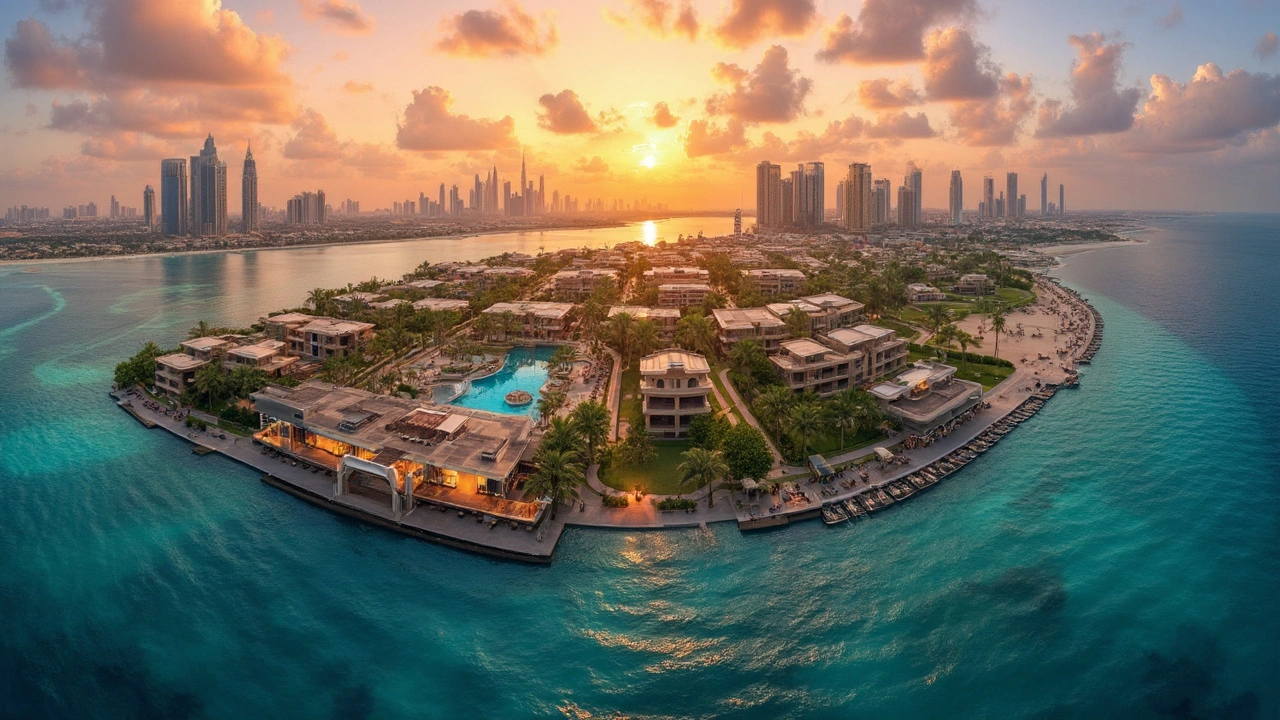Living in Dubai – What You Need to Know Before Moving
Thinking about calling Dubai home? You’re not alone. The city offers crazy skyscrapers, sunny weather and a buzzing lifestyle, but it also comes with its own set of challenges. Below you’ll find straight‑forward advice on the biggest things you’ll face – from rent to banking – so you can settle in without surprise bills.
Everyday Costs and Budgeting
First up, money. Dubai is often called expensive, but there are ways to keep a budget friendly. A one‑bedroom apartment in the city centre can cost around 7,000 AED a month, while the same size farther out drops to roughly 4,500 AED. If you’re okay with a shared flat, you could pay half that.
Groceries are another big factor. Local markets sell spices, dates and fresh produce at lower prices than the big malls. A weekly shop for two people can run about 300 AED if you stick to local brands, but upscale supermarkets will push you over 600 AED.
Transport is surprisingly cheap. The metro and bus network covers most of the city and a monthly pass is about 300 AED. Taxis are convenient but watch the meter – short rides can add up quickly.
Practical Tips for a Smooth Expat Life
Getting the right visa is the first step. Most expats use an employment visa, which the employer usually sponsors. The process costs around 3,000 AED and takes a few weeks. Once you have the visa, you can open a bank account – a must for paying rent and utilities. Top banks for foreigners include Emirates NBD, HSBC and Mashreq. They ask for your passport, visa copy and proof of address, and you’ll get a debit card within a few days.
Banking in Dubai is easy, but keep an eye on fees. Some banks charge a monthly account fee unless you maintain a minimum balance. Compare services and pick the one that offers free online transfers if you’ll be sending money home.
Shopping smart saves cash. The Dubai Mall, Mall of the Emirates and local souks all have deals, especially during Ramadan and the Dubai Shopping Festival. For cheap electronics, head to Al-Futtaim’s Outlet or online platforms that ship locally.
When it comes to food, you don’t have to splurge on fine dining every night. Street food stalls and small cafés serve authentic Emirati dishes for as low as 15 AED. If you love Indian, Pakistani or Filipino cuisine, there are entire neighborhoods where a hearty meal costs under 30 AED.
Health insurance is mandatory for everyone with a residence visa. Many employers provide it, but if you’re self‑employed, look for policies that cover local hospitals – costs can be high without coverage.
Finally, embrace the community. Dubai has a massive expat network – clubs, sports groups and social media pages help you meet people quickly. Attend free events at public parks or join a desert‑safari day trip to bond with newcomers.
Living in Dubai can be exciting and comfortable if you plan ahead. Keep track of your rent, know where to shop for deals, set up a reliable bank account and stay on top of visa requirements. Follow these simple steps and you’ll feel at home in no time.







